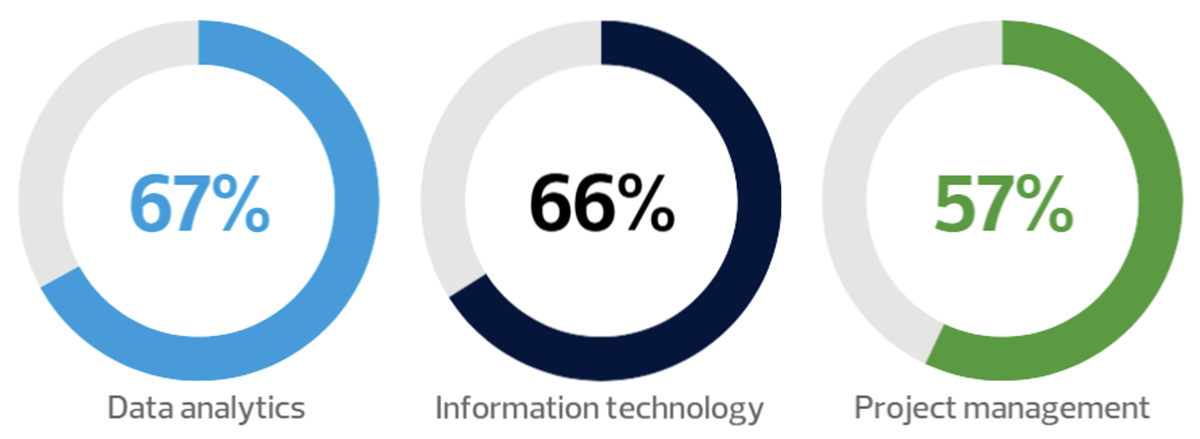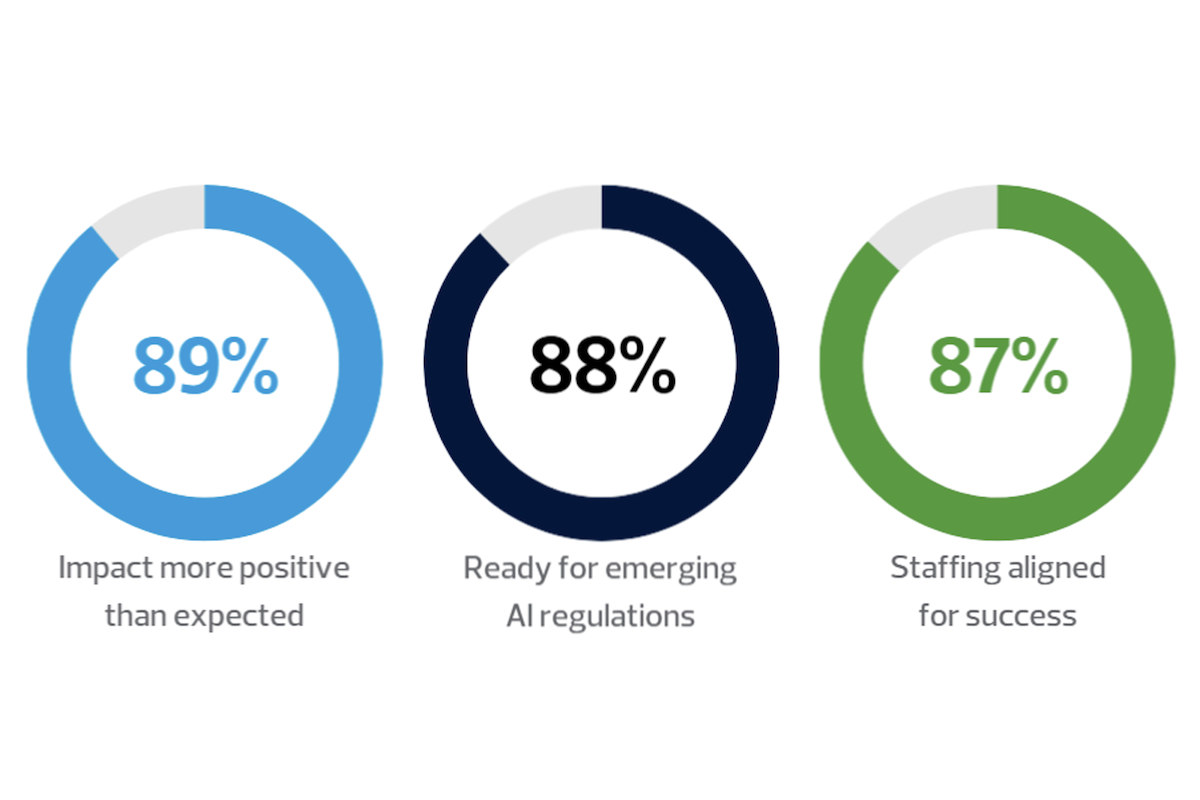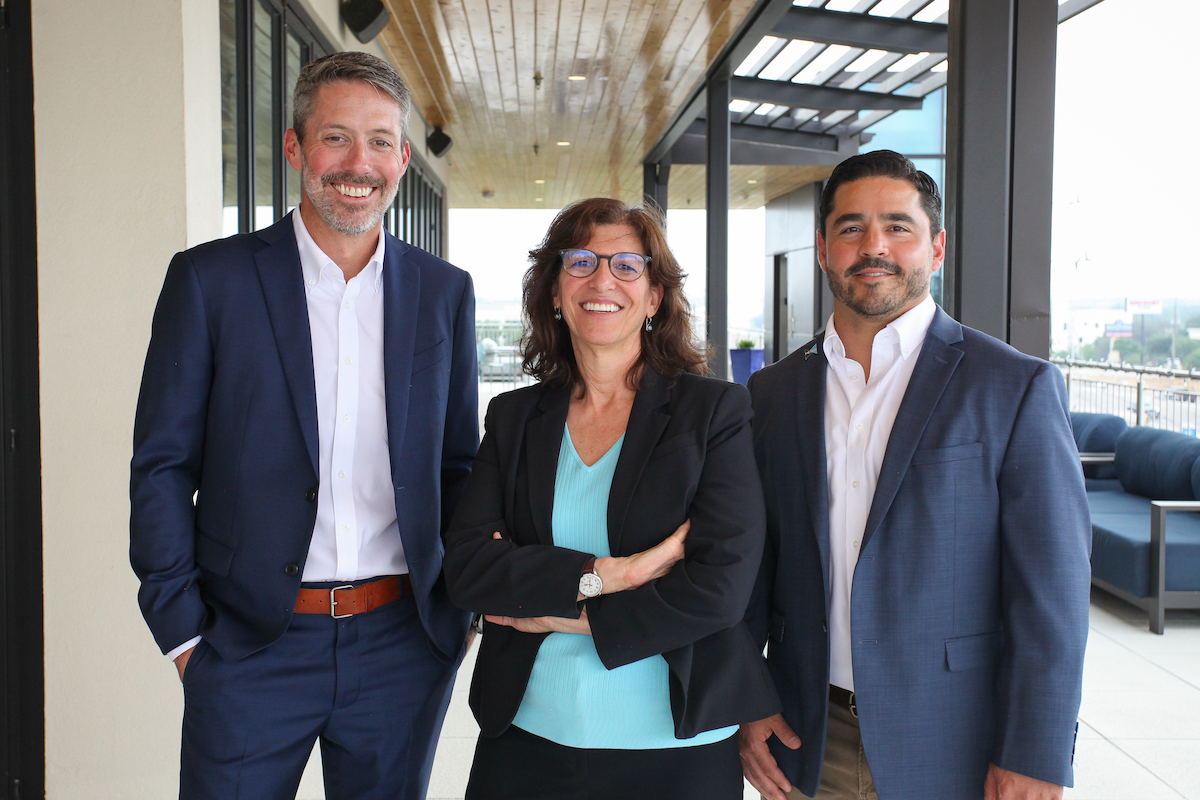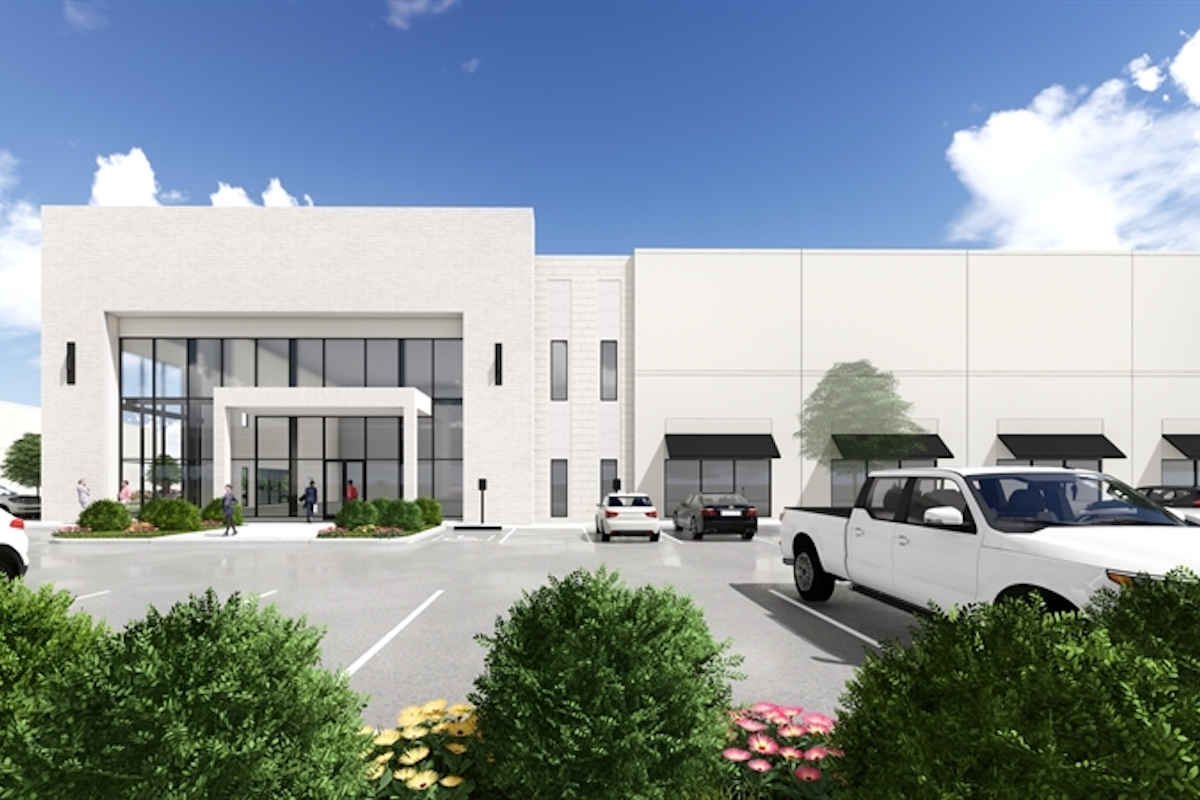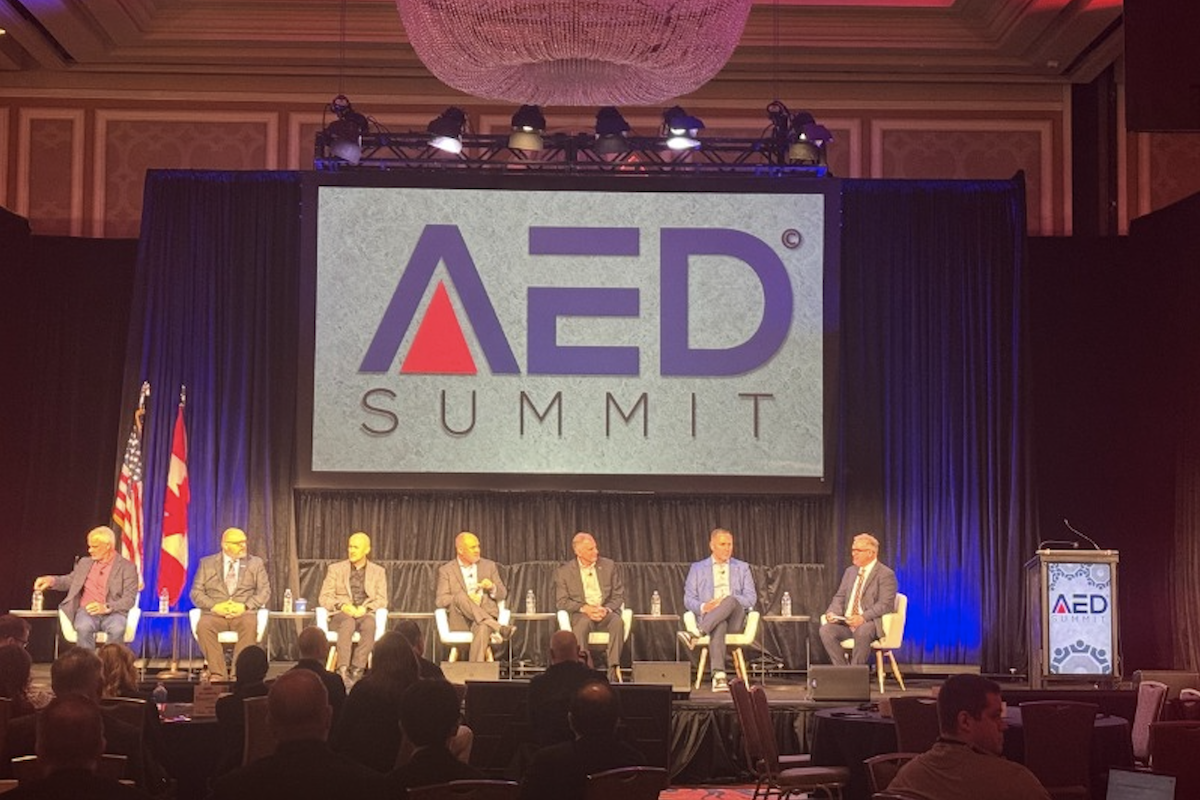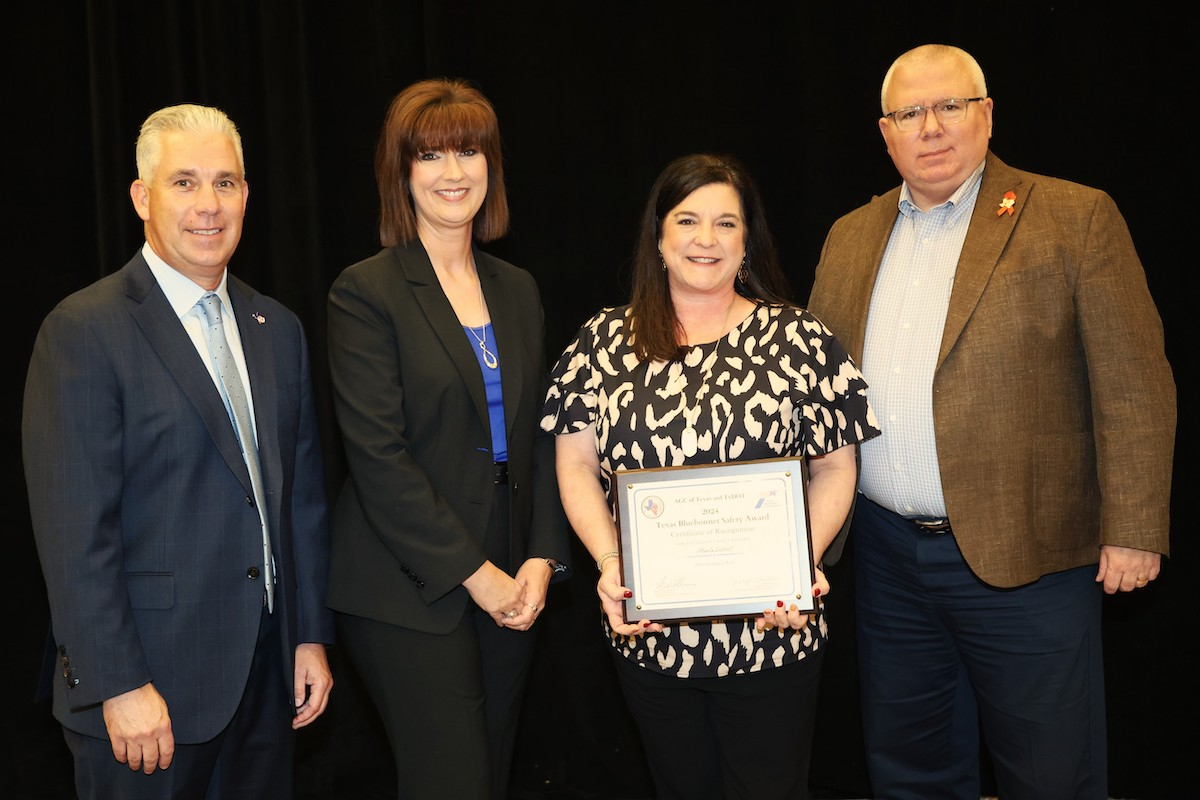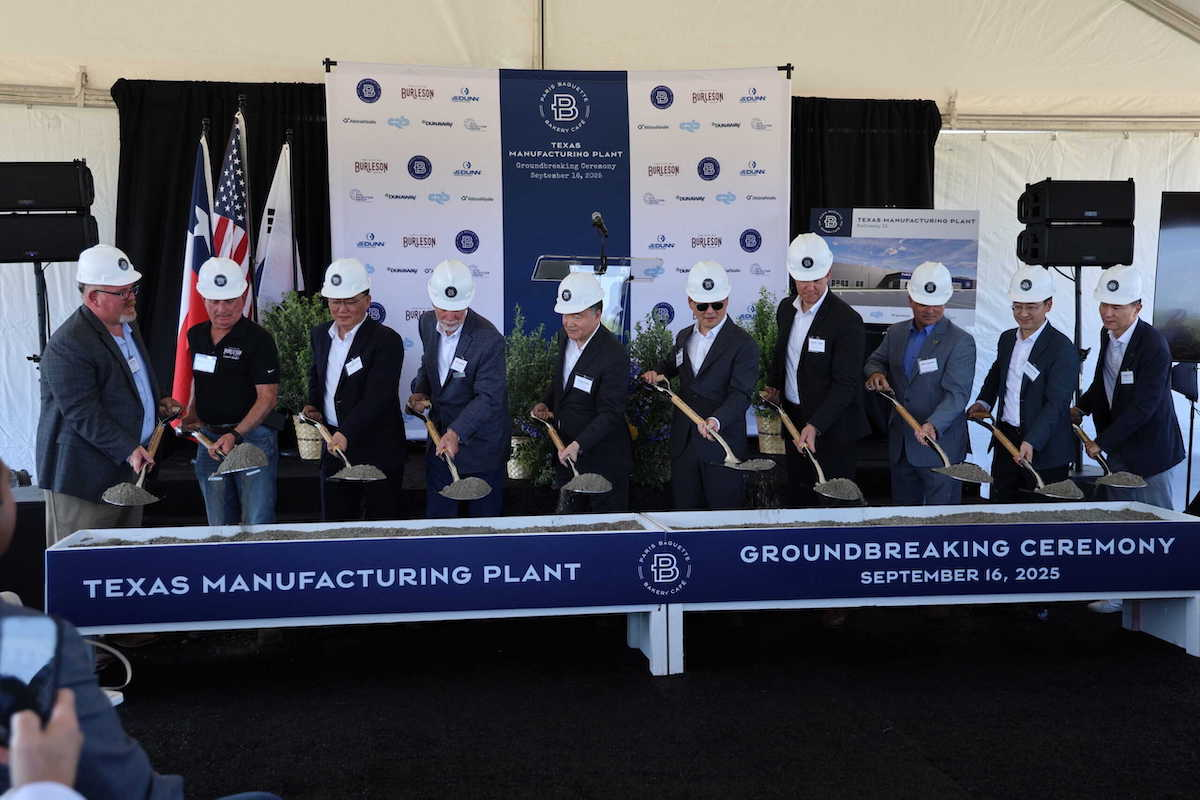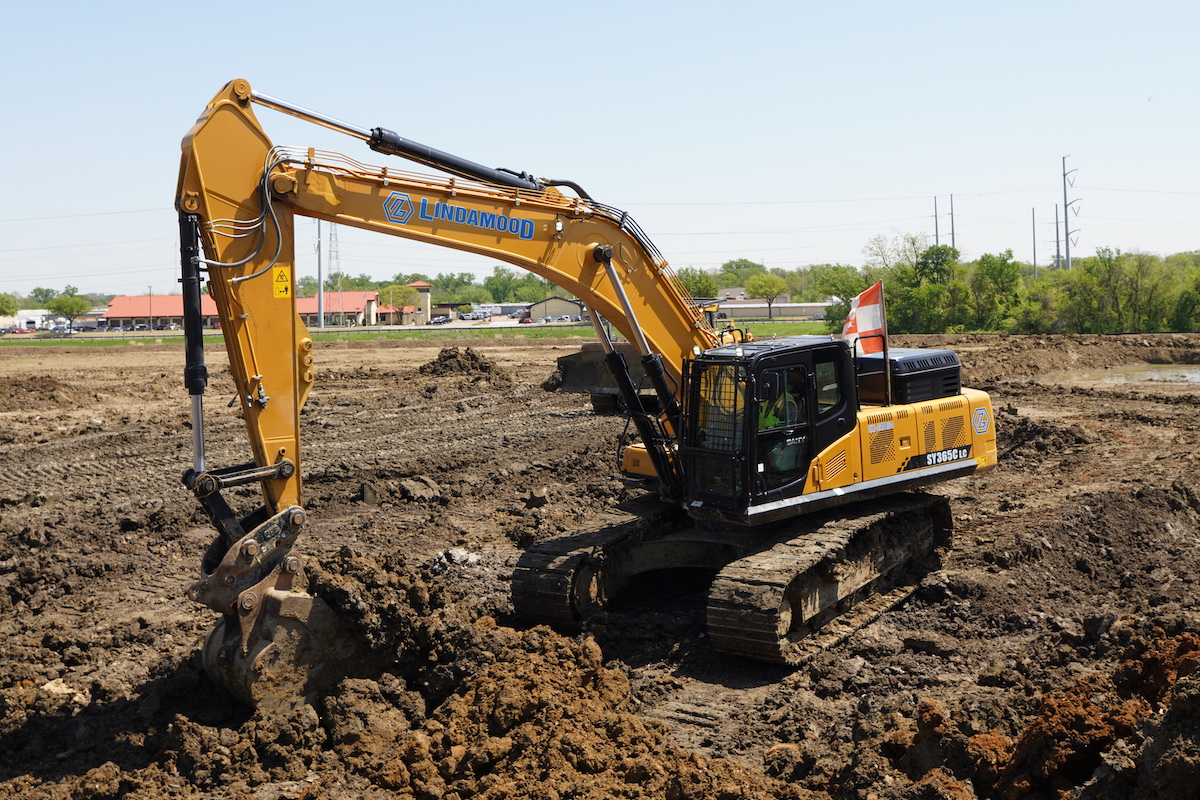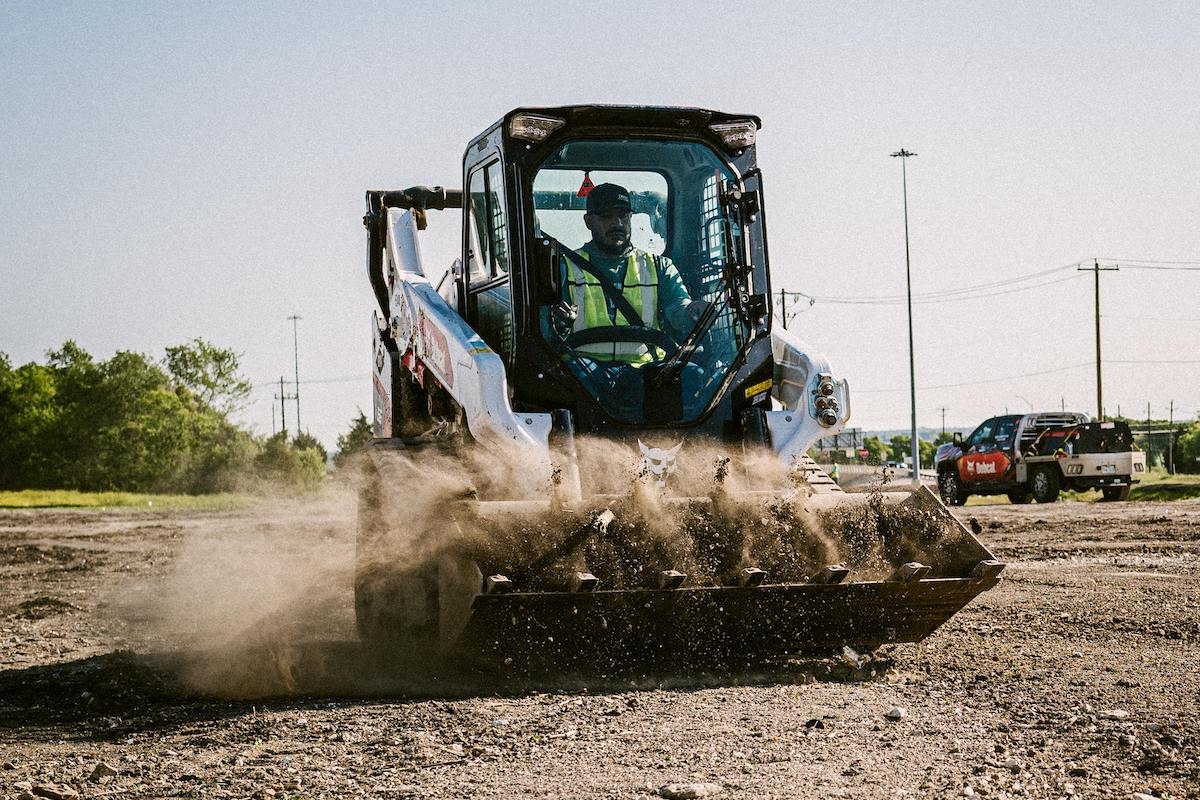Artificial intelligence has become a practical reality for many middle market industries, including construction, which historically has been considered a slow adopter of technology — but new data suggests a shift is underway. A recent survey conducted by RSM US LLP and Big Village shows a dramatic increase in AI adoption by U.S. and Canadian construction firm respondents. These findings are further substantiated by real-world use cases involving RSM construction clients.
Rising technology adoption in construction holds promise but does not come without challenges. Despite its hurdles, AI presents exciting opportunities, and its strategic use will be key to the industry’s success.
AI adoption among the firms of the 80 construction respondents is high, which demonstrates considerable progress for the sector after years of distinctly lagging other industries in technology adoption. The majority of respondents (94 percent) said their organization uses AI tools in its business practices. Eighty percent use machine learning tools, and 95 percent use generative AI tools.
The top use cases for generative AI were: data analytics (67 percent), information technology (66 percent), and project management (57 percent).
This high adoption rate is no surprise to Brandon Maves, a Partner and the National Construction Industry Leader at RSM US.

| Your local Sennebogen LLC dealer |
|---|
| WPI |
| ASCO Equipment |
“Construction firms are seeing the potential for AI to reimagine their business models to create, deliver and capture value,” he said. “Just imagine the possibilities for generative AI to enhance planning and design, reduce project timelines and costs, and even improve safety by proactively mitigating risk.”
Of course, not every generative AI tool will achieve such benefits, and herein lies one of the industry’s challenges. The most widely available and popular generative AI tools available today are designed to serve as general-purpose AI assistants. As such, these tools are primarily used for communication (e.g., drafting emails and internal memos), workplace productivity (creating presentations and analyzing data), and research and planning.
We asked the survey respondents from construction firms that currently use generative AI to name the specific tools they’ve adopted. Here were their top three answers:
- ChatGPT: 83 percent
- Microsoft Copilot: 51 percent
- Google Gemini: 43 percent
- Uncontrolled data exposure
- Lack of visibility into data storage practices
- Employee misuse without governance
- Potential violations of client confidentiality requirements
- Data analytics
- IT infrastructure functions
- Project management
- Supply chain optimization and vendor management
- Lack of in-house AI expertise
- Data quality challenges
- Unclear AI strategy
- Do you have a clean, accessible data foundation?
- Are your tools aligned with your goals?
- Do your people understand how to use them?
- Build strong data foundations
- Invest in the right tools and people for both technical and business needs
- Prioritize governance and risk management
- Train or hire professionals with AI fluency
- Seek third-party support when needed

| Your local Bobcat dealer |
|---|
| Central Texas Equipment |
| Nueces Power Equipment |
Some firms are discovering new ways to leverage generative AI tools for more than just basic tasks. Mac Carroll, a Senior Analyst for the construction industry at RSM US, has observed sophisticated use cases where clients are using Microsoft Copilot to integrate data lakes (centralized repositories) for more advanced analytics.
However, it is critical to understand the potential risks in using some generative AI tools — specifically, tools using an open-source approach. Unauthorized or unmonitored use by employees can further heighten the risks.
With their publicly available code, open-source AI tools offer accessibility and cost advantages but introduce significant risks for construction firms handling sensitive data. ChatGPT’s standard version, used by 70 percent of the survey’s construction respondents, falls into this category.

| Your local Trimble Construction Division dealer |
|---|
| SITECH SE Texas |
| SITECH Tejas |
Closed-source AI tools offer security and compliance features, making them suitable for operational activities.
As a best practice, construction firms should limit their usage of open-source tools for nonsensitive tasks. For anything involving client data, financials, and proprietary project information, a safer option is to use closed-source, enterprise-grade tools that provide strong data privacy and compliance controls.

| Your local Hyundai Construction Equipment USA dealer |
|---|
| Nueces Power Equipment |
Recognizing the value of adopting AI into business practices is forward-thinking, while investing in the development of a formal AI strategy is strategic thinking. The RSM survey revealed that construction firms exhibit both mindsets.
Encouragingly, 93 percent of construction respondents said they either have or are exploring a formal AI strategy or roadmap for AI adoption. Among the 76 respondents whose firm uses generative AI, 94 percent said their organization has achieved some level of generative AI maturity, ranging from initial implementation to full or partial integration.
However, 59 percent of respondents who use generative AI said they are either only somewhat prepared (47 percent) or not very prepared (12 percent) to adopt and implement AI overall in their business practices.
Why the gap? Their reasons included:

| Your local Hitachi dealer |
|---|
| Bane Machinery |
The overwhelming majority of construction respondents whose firm uses generative AI agreed that it has impacted their organization more positively than expected (89 percent); that they have the right staff in place to implement generative AI effectively (87 percent); and that they are prepared for compliance with emerging AI regulations (88 percent). Yet 64 percent believe they need outside help to get the most out of their generative AI solutions, and 61 percent agreed generative AI has been harder to implement than expected. Additionally, about a quarter (26 percent) reported unintended consequences when implementing AI overall, such as cybersecurity threats, poor data quality, and workforce-related impacts.
The construction industry has backed its enthusiasm for AI adoption with action. Eighty-two percent of construction respondents whose firm uses generative AI said they have a designated budget for investing in the technology. Among these respondents, 90 percent expected that budget to increase in the next fiscal year. Additionally, nearly half (45 percent) of those with a designated AI budget for AI adoption overall are allocating funds to outsourcing consulting services.
“Firms don’t just need AI tools; they need a roadmap and strategic support that addresses people, process, data, and technology,” Carroll said.

| Your local Case Construction Equipment Inc dealer |
|---|
| ASCO Equipment |
| Nueces Power Equipment |
He offers these key considerations for construction leaders:
The construction sector is no longer standing on the AI sidelines. Firms can achieve real gains — ranging from streamlined project management to transformed back-office operations — but only if they pair their usage with strategy.
Success will come to firms that:

| Your local Liebherr Construction Eq dealer |
|---|
| Nueces Power Equipment |
The 2025 RSM AI survey was conducted online by RSM and Big Village from February 21 through March 4. A total of 966 responses were received from across the U.S. and Canada and across multiple industries. To qualify for participation, respondents were required to have at least some influence on decisions related to technology investments at their organization. A total of 80 respondents indicated that their firm operates in the construction industry. Of those, 76 said their organization currently uses generative AI.



